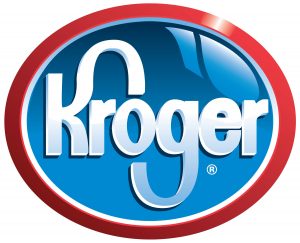 Kroger Co. (KR.N) has announced earning a $680 million profit, or 70 cents per share, in its first quarter of 2016, beating the expectations of Wall Street analysts. The number represents an increase of nearly 10 percent from a year ago. According to Thomson Reuters I/B/E/S, analysts had expected earnings of 69 cents per share on average.
Kroger Co. (KR.N) has announced earning a $680 million profit, or 70 cents per share, in its first quarter of 2016, beating the expectations of Wall Street analysts. The number represents an increase of nearly 10 percent from a year ago. According to Thomson Reuters I/B/E/S, analysts had expected earnings of 69 cents per share on average.
The supermarket chain posted revenue of $34.6 billion in the period, which did not meet Wall Street forecasts. Analysts expected $34.66 billion, according to a survey by Zacks Investment Research. Total operating expenses, excluding certain items, fell 4 basis points as a percent of sales compared to the last year.
The company’s first-quarter sales, excluding fuel, rose 2.4 percent at stores open for more than a year. This was slightly lower than analysts’ average estimate of a 2.5 percent increase, according to research firm Consensus Metrix. The company said total sales rose 4.7 percent to $34.60 billion, marking fifty consecutive quarters of growth. CEO Rodney McMullen said in a statement, “Fifty consecutive quarters of positive identical supermarket sales growth, excluding fuel, is extraordinary.”
Kroger, the largest U.S. supermarket operator by store count, ranks seventeenth on the Fortune 500 list of the largest publicly held U.S. companies ranked by revenue. The Kroger family of companies employs roughly 431,000 associates in 2,778 retail food stores under a variety of local banner names in 35 states and the District of Columbia. The company also operates 2,230 pharmacies, 785 convenience stores, 323 fine jewelry stores, 1,400 supermarket fuel centers and 38 food production plants in the United States.
Kroger’s long-term financial strategy is to use its financial flexibility to drive growth while also returning capital to shareholders. Kroger is in the midst of a $4 billion capital expansion and turning around Roundy’s, acquired in 2015, is expected to be a three-year proposition. The company is also expanding its ClickList online ordering technology to stores around the country to better compete with rivals such as Amazon.
